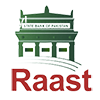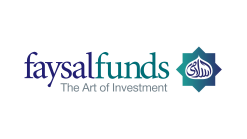- About Us
- Personal Banking Accounts & Finance
- Deposit Products
- Faysal Islamic Current Account
- Faysal Islamic Saving Account
- Faysal Islamic Rehmat Accounts
- Faysal Islamic Rehmat Business Account
- Faysal Islamic Rehmat Individual Account
- Basic Banking Account
- Asaan Current Account
- Asaan Saving Account
- Faysal Islami Mubarak Safar Saving Account
- Tez Tareen Asaan Remittance Account
- Tez Tareen Remittance Account
- Faysal Islamic Life Plus Savings Account
- Faysal Islamic PayCheq Plus Saving Account
- Faysal Islamic Muntazim Saving Account
- Faysal Islami Manzil Account
- Faysal Islami Zamin Account
- Faysal Islami Khushaal Kisaan Account
- Faysal Islami I.T Exporter & Freelancer Account
- Personal Finance
- Faysal Car Finance
- Women Banking
- Services
- Investment Certificates
- Faysal Home Finance
- Islami Noor Card
- National Financial Literacy Program
- Deposit Products
- Business Banking Improve & Grow
- Wealth Management Takaful and Investment Plans
- e-Banking Electronic Banking
- Faysal DigiBank Online Banking









